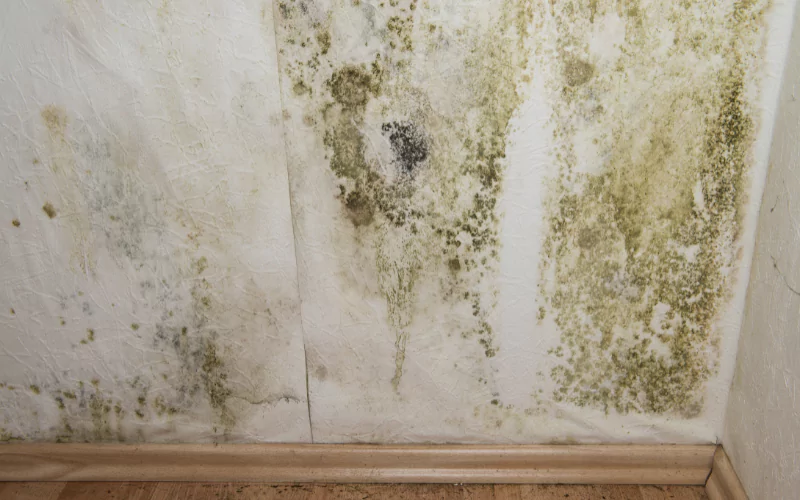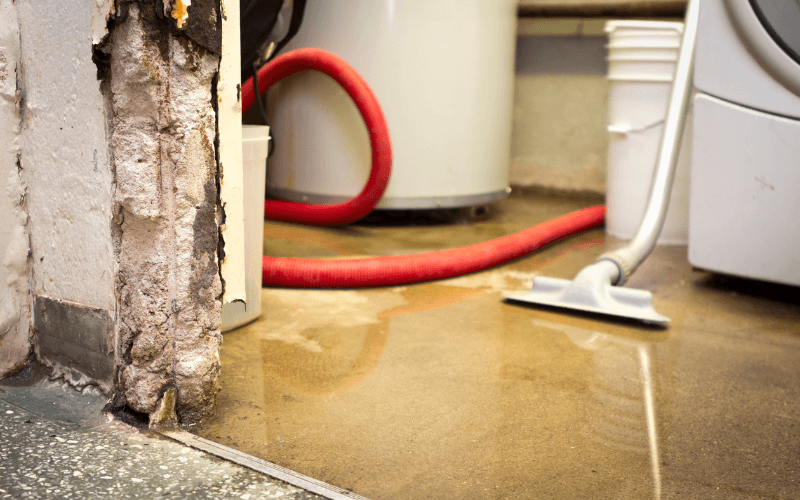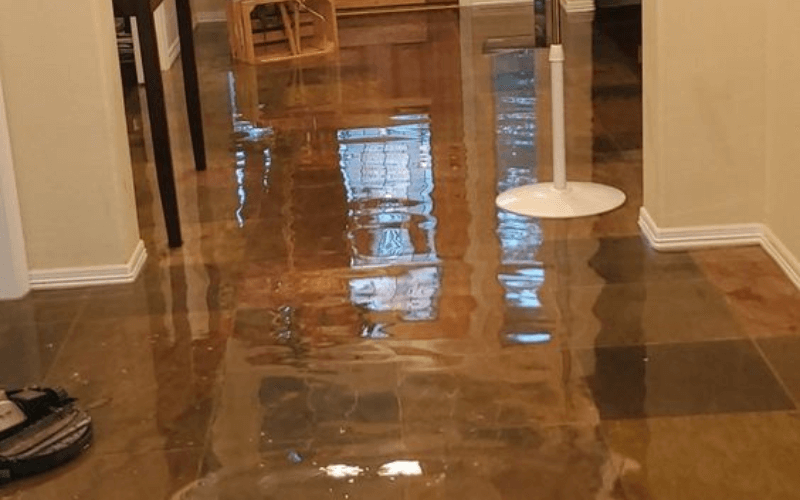Water damage can occur in any home at any time. The worst thing is it often goes unnoticed and turns into a huge disaster. From weakening your property structure to compromising the health of your family, the effects of water accidents can be actually daunting.
But as it is said, prevention is better than cure. So, one of the best ways to keep water damage risks the lowest is to take precautionary measures to avoid it in the first place. To help you with that, here are some essential tips to prevent water damage in your home and safeguard your space.
8 Tips To Prevent Water Damage In Your Home
1. Keep your plumbing system in check
One of the leading reasons behind water accidents is compromised plumbing. Be it outside your home or inside your walls or ceiling, a plumbing issue can turn into a disaster. So, make sure to schedule a regular inspection of your entire plumbing system every few months.
It will help detect any leaks, disconnections, or weakening and rectify the issue in the early stage before it causes any harm. Also, get any damaged pipes and hoses repaired or replaced at the same time to prevent water damage.
2. Ensure proper insulation and monitor the water pressure
If you live in a cold climate, water pipes are likely to freeze and burst. Therefore, you need to ensure proper insulation of water pipes to keep them from freezing. Apart from that, you should also check for the water pressure in your home to avoid bursting.
If it’s too high, you can use a pressure regulator valve to normalize it. That will allow a smooth and steady water flow and prevent any water damage issues.
3. Install water sensors and sump pumps
Although keeping plumbing in check will avoid most issues, some leaks are still hard to detect. For such cases, a water sensor or leak detector system can help. They will help detect any unnoticed leaks or abnormal flow of water at an early stage.
Moreover, waterproofing your basement and installing sump pumps can also prevent damage in case of sudden water intrusion or flooding in your property. Make sure that the sump pumps are able to work even in the absence of power.
4. Keep an eye on your water bills
Another way to prevent water damage in your home is to check your water bills. Keeping an eye on your water usage and bills will let you know of any unwanted water usage or hidden leakages if any.
If you detect your water bills suddenly going high, you can immediately know that something is wrong and fix it before it worsens.
5. Maintain your appliances and check for any faults
Appliances that malfunction can also be a cause of water damage. To prevent that, you should maintain the appliances in a tip-top state. Schedule a routine maintenance check for especially the ones that use water like washing machines, laundry dryers, refrigerators, water heaters, and even HVAC units.
Look for any inefficiency in their functioning, check for any leaks or disconnected hoses, and get them fixed to prevent water damage.
6. Do not flush or drain items that can clog
When you drain items that cannot break down easily, it can clog the drainage. To avoid water damage due to clogged drains, refrain from flushing any toilet paper or other non-flushable items into the sewage system.
You should also avoid draining oils, food leftovers, and other solid objects down the sink to prevent blockages. Besides that, ensure a regular inspection and cleaning of your drainage system to keep it clog-free.
7. Inspect your roof periodically
A damaged roof in the form of a weakened structure or missing shingles can allow rainwater to drip inside your home. Keep your roof in a well-kept state by cleaning it regularly and scheduling a regular inspection by a pro. This will detect and repair any roof issues to prevent leakages and water damage in the future.
8. Deep-clean the gutters regularly
Dirt and debris clogged in the gutters across your roof can also result in water intrusion in your home. Keep them clear by ensuring a periodic deep cleanup by professionals. This will remove the blockages and allow smooth water flow to prevent water damage.
Moreover, you can also consider installing gutter guards. These are mesh-like protectors that will prevent solid debris from collecting in the gutters.
Summing Up
Preventing water damage is way better and easier than dealing with it after it occurs. With the above tips including plumbing check-ups, appliance maintenance, water sensors, etc., you can minimize the risk of water accidents and prevent water damage in your home.



